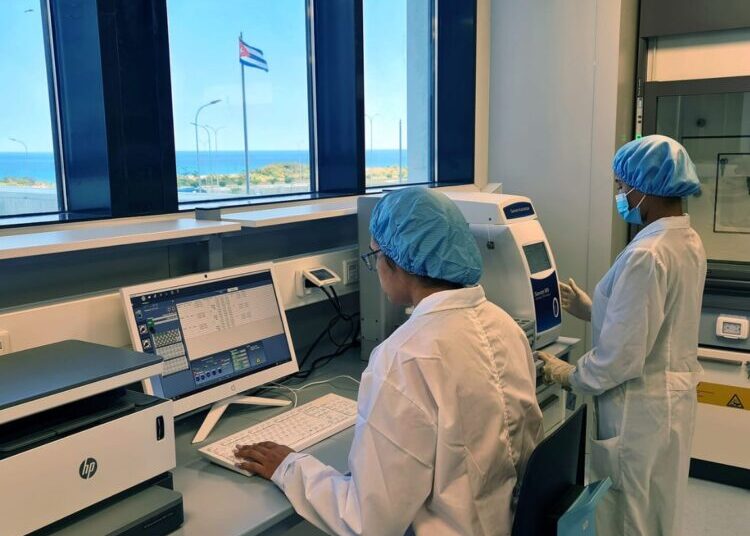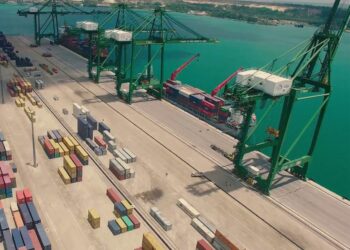It is beyond dispute that research and innovation are essential factors in the economic development process of any country. It is important that governments promote it, finance it and make it part of the national strategy.
However, this cannot occur in a vacuum or simply as general national structures guided by government commissions, etc. It must be part of a process integrated into strengthening the business fabric, as part of what the enterprise needs to advance in an environment of competition, collaboration and incentives, as well as the general conditions and services necessary for investment.
Without the reform of the business system, as part of the comprehensive transformation of the economy, fundamentally of the state enterprise (not so that it stops being public, but so that it stops being inefficient), the role of innovation in real productive processes will always be very limited. There is abundant proof of this fact.
Various Cuban economists have systematically insisted on the need for a comprehensive reform of the economy as a sine qua non condition so that all other factors that drive the economy towards development can operate effectively. This is also the case with science-based innovation.
Cuba has demonstrated its capacity for scientific advancement and contribution in important branches such as biotechnology, software, etc. It could also be in the infinite field that artificial intelligence opens up today, however, the limits for this to become part of the generalized dynamics of enterprises in the economy in general mean that this aspiration is still very far from reality.
It is a wasted potential. The question to ask is why? The answer, in my modest opinion, is that, as I expressed before, the container in which this must operate, that is, the national economy and its business system, are not those that correspond to this aspiration.
The organization and structure of the economic model is not neutral with respect to the possibilities of use and impact of innovation and new technologies. It is, in addition to being essential, indispensable.
Cases such as China, South Korea, Taiwan and others, despite the differences between them, demonstrate the enormous impact of innovation when it corresponds to a business system with decentralization and incentives to apply it intensively.
Super centralization, supra-business structures that are often unnecessary, such as many Higher Business Management Organizations (OSDEs) — not all; bureaucratic planning, the imperfection and sometimes non-existence of markets, etc., are limitations that do not allow the generalization of innovation to go beyond being an exception in some institutional segments, very important indeed, but without impact on the national economic dynamics.
The specific case of agriculture and livestock are emblematic in this sense.
We have expressed that, together with business reform, the restructuring of this subsystem must be one of the priorities of the comprehensive reform of the economy.
It is in this context that innovation and technologies can have a strong impact on food production, which is an essential priority at this time as high-level government leaders have recognized. Without this condition, the expected result could not happen and innovation, even when the country has high potential for it, will not be able to have the desired result.
An analysis of the latest surveys carried out in Cuba on innovation indicates that:
The comparative analysis…on the results obtained in the three National Innovation Surveys by selected thematic sections shows that the variations from one survey to another, although they exist, are not significant, which shows that for a period of 20 years (1997- 2017) the innovative behavior of Cuban enterprises maintained an almost lineal behavior, without the necessary development to contribute in a sufficiently effective way to the solution of the country’s economic and social problems” (see Rodríguez Batista, Armando; Chía Garzón, Jesús; Arias Martín, Héctor; Zamora Rodríguez, María Luisa, Cuba y las Encuestas Nacionales de Innovación: La Conducta Innovadora de las Empresas Cubanas, CITMA 2022).
What all this means is that science and innovation should also be applied to the organizational systems of the economy and the business system; after all, the economy is also a science and of capital importance, even more so in a nation that aspires to a socialist development.
It would be worth discussing, for example, what scientific reflection is at the basis of what should be an effective and accelerated macroeconomic stabilization policy, an indispensable condition for the advancement of everything else and for the control of inflation with all the social and political importance this has.
What I state does not fail to take into account the limitations and impacts caused by the criminal blockade and the policy of aggression to which the nation is systematically subjected, but there is much that can be done despite this major problem.
The economic model is essential for any alternative, not just for development; as well as to recover stable growth of the economy. Without that factor we would be, as Bolívar once said, “plowing in the sea.”
________________________________________
*This text was originally published on the author’s Facebook profile. It is reproduced with his express consent.










